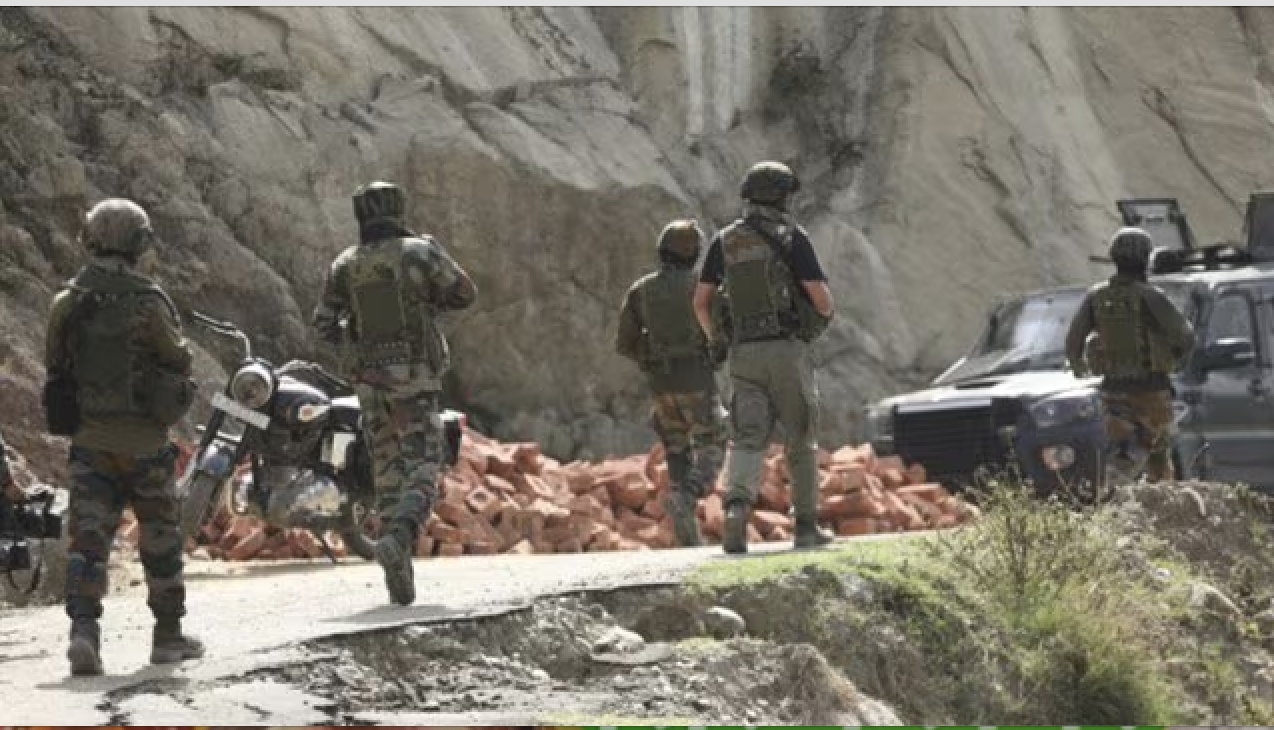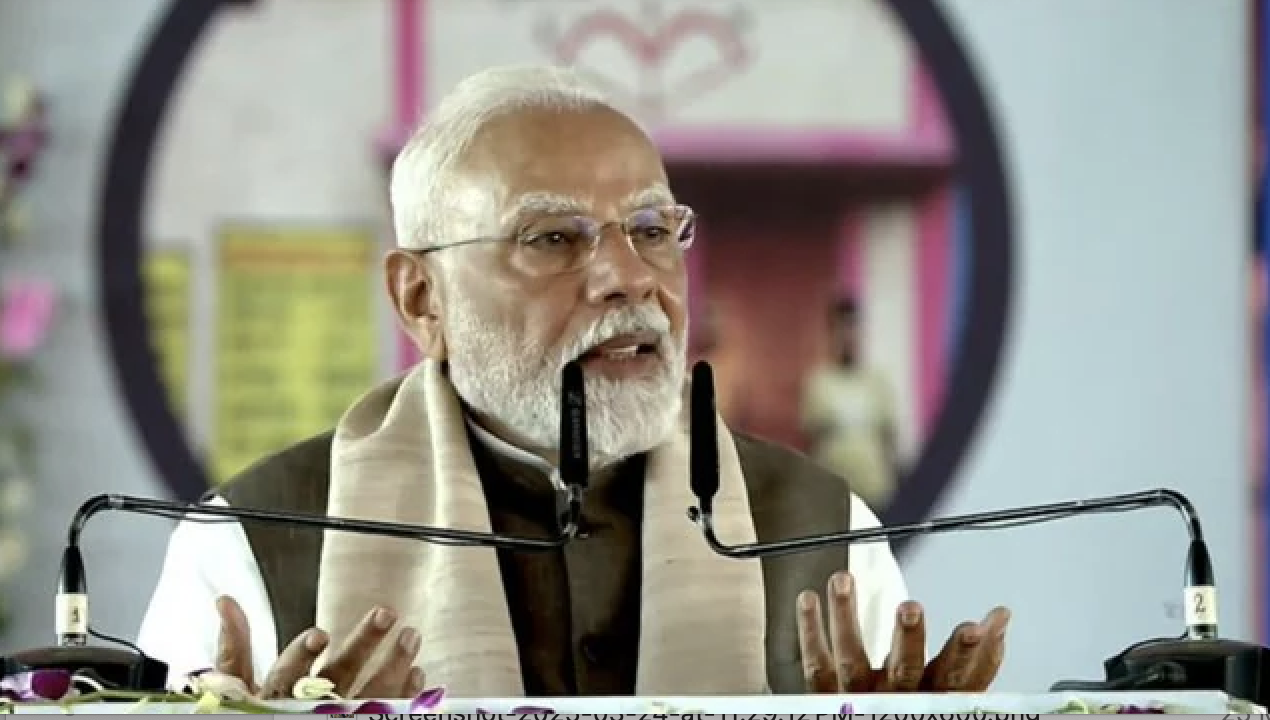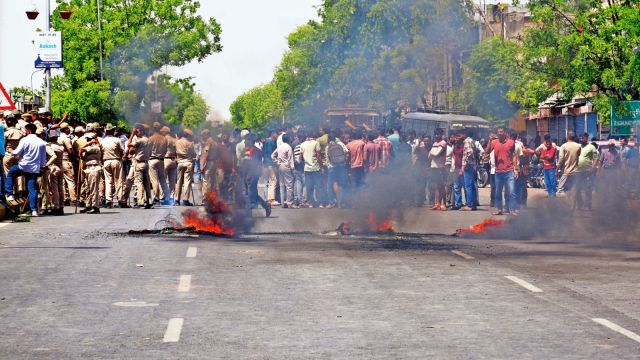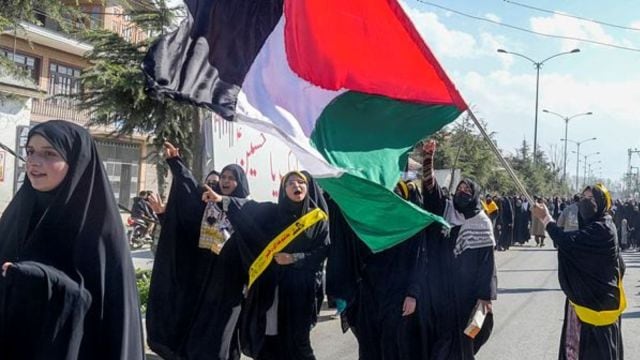By Zoya Mateen
“You can be homesick at home, you know?”
That’s how Afreen Fatima, an activist from the northern Indian city of Prayagraj, finds herself feeling, every now and then.
In the summer of 2022, Ms Fatima’s childhood home – a yellow-brick two-storeyed house in the bustling depths of the city – was torn down by authorities overnight.
The house was demolished after her father, a local politician named Javed Mohammad, was arrested and named as the “key conspirator” of a protest by Muslims, which had turned violent.
He denies the allegations, and has never been found guilty of any crime linked to the June 2022 protests.
The family is just one of many who have found themselves at the mercy of so-called “bulldozer justice” – when authorities swiftly demolish the homes of those accused of crimes – but hopefully among the last.
On Wednesday, India’s top court banned the practice which has been on the rise in recent years, particularly in states governed by Prime Minister Narendra Modi’s Bharatiya Janata Party (BJP).
While the victims include Hindu families, critics say the action is mostly targeted at India’s 200 million odd Muslims, especially after religious violence or protests – a charge the BJP denies.
Chief ministers of several states have linked such demolitions with their government’s tough stance on crime. Officially, however, the reason given is that these structures were illegally constructed.
This story was originally published in bbc.com. Read the full story here.






